Australia: New research into greater gliders
- Published
- comments
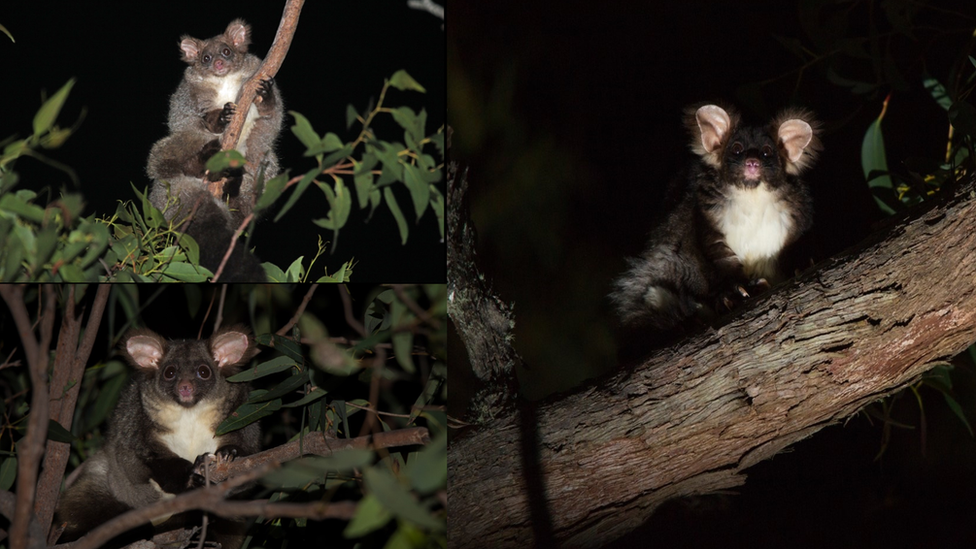
Here you can see the different types of greater gliders from northern (top left), central (bottom left) and southern (right) Australia
Researchers in Australia have discovered two new species of marsupials - they've found that there are three different types of greater gliders, not just one!
Greater gliders are possum-sized marsupials that can glide up to 100 metres.
They're classed as vulnerable and could be at risk of going extinct.
It's hoped that this study will help improve our understanding of the species and in turn will mean they can be better protected.
Marsupials, for example kangaroos and koalas, are mammals which are known for carrying their young in a pouch.
The research has been carried out by James Cook University (JCU), The Australian National University (ANU), the University of Canberra and the Commonwealth Scientific and Industrial Research Organisation (CSIRO).
The team has now confirmed a long-held theory that the greater glider is actually multiple species.
JCU PhD student, Denise McGregor, said: "There has been speculation for a while that there was more than one species of greater glider, but now we have proof from the DNA. It changes the whole way we think about them."
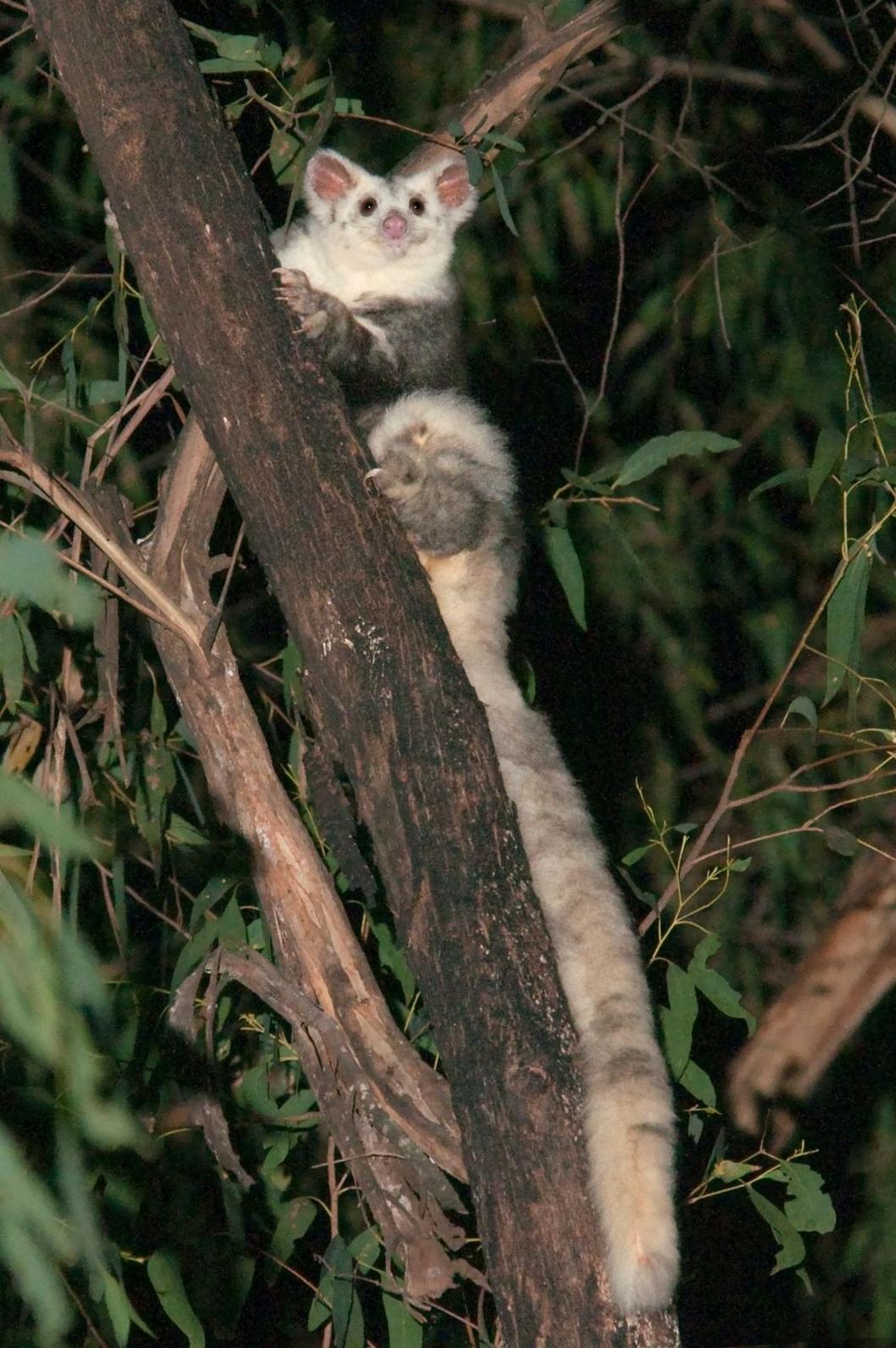
Female greater gliders are usually bigger than male ones
Professor Andrew Krockenberger, who also worked on the study, said: "Australia's biodiversity just got a lot richer. It's not every day that new mammals are confirmed, let alone two new mammals."
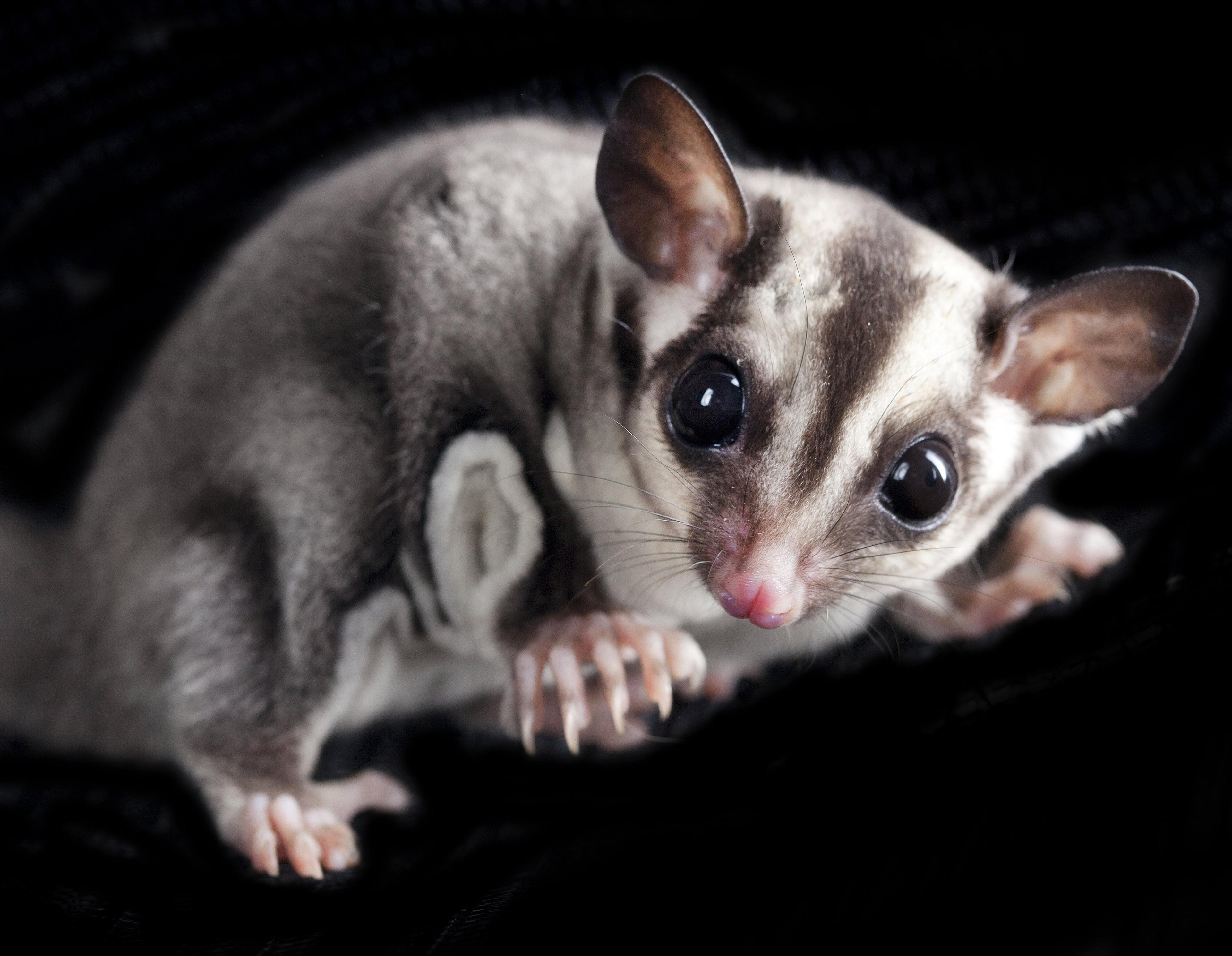
This is a sugar glider they are much smaller than greater gliders, but people know a lot more about them
Greater gliders are nocturnal. They sleep during the day so need big trees to hide in and to protect them from predators.
After massive bushfires in Australia, lots of animals there are at risk of becoming extinct.
Dr Kara Youngentob, who worked on the study, said there had been "alarming declines" in greater glider numbers in the Blue Mountains, New South Wales and Central Highlands, Victoria and localised extinctions in other areas.
She added that being able to identify and classify the species is vital for conservation work.
- Published5 November 2020
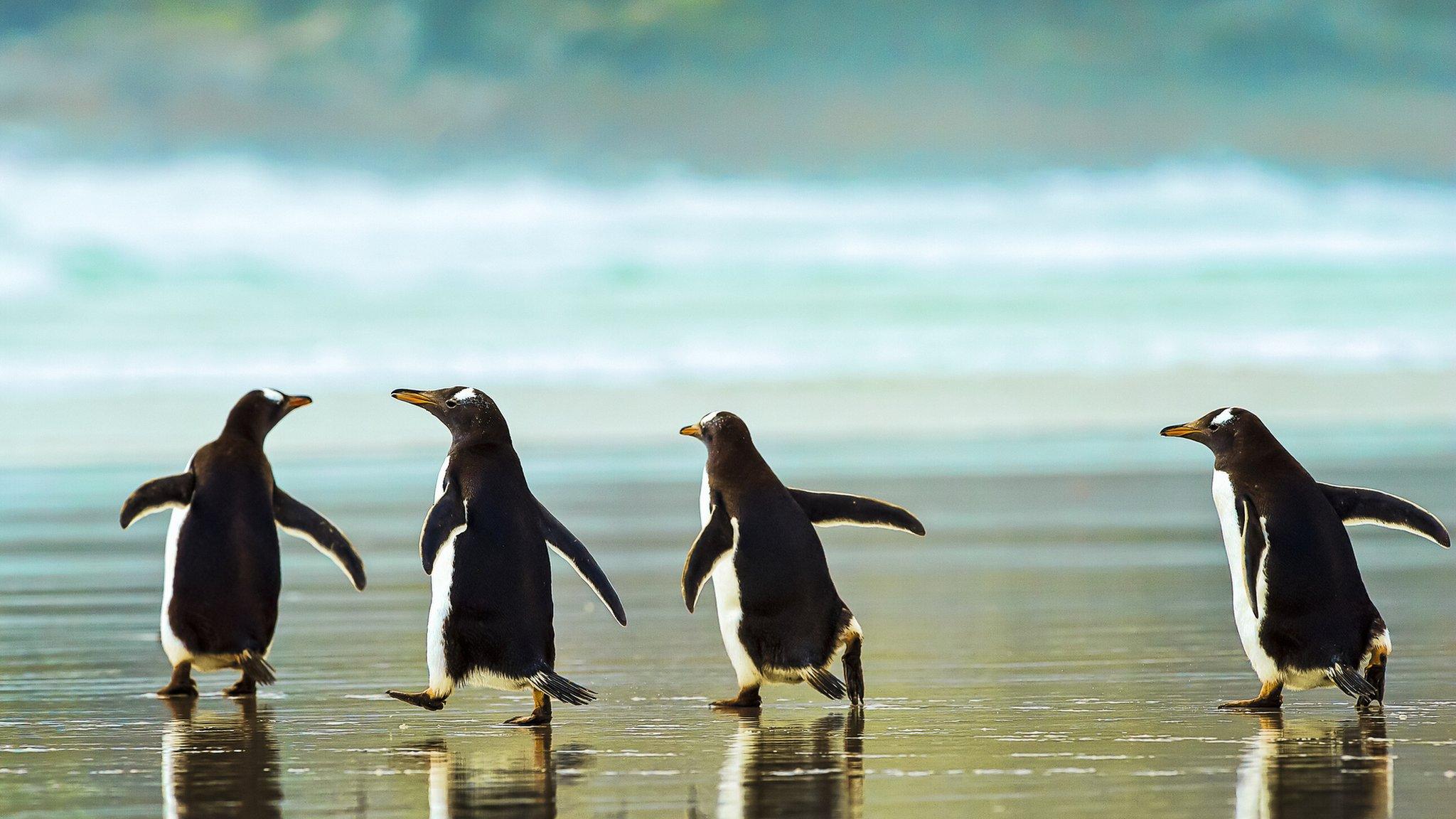
- Published5 August 2020
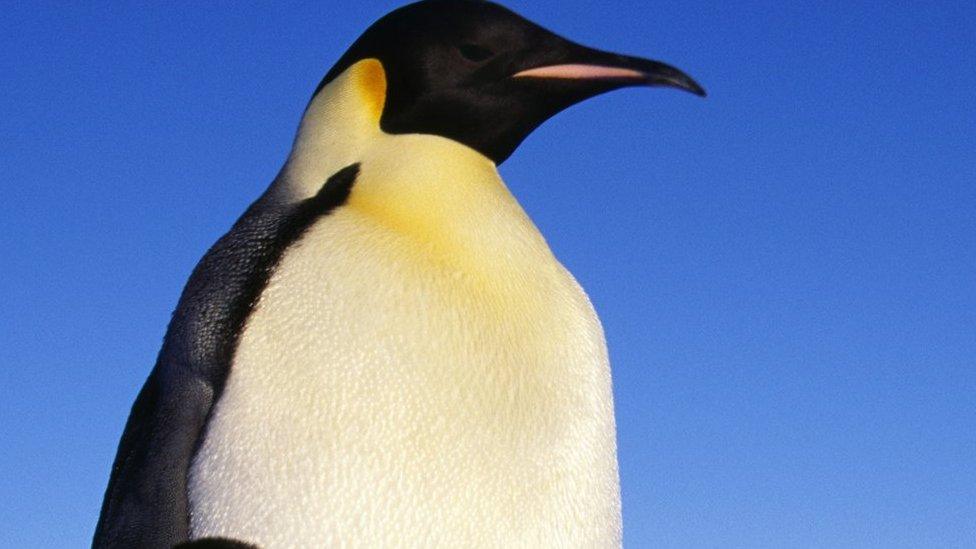
- Published28 April 2020

